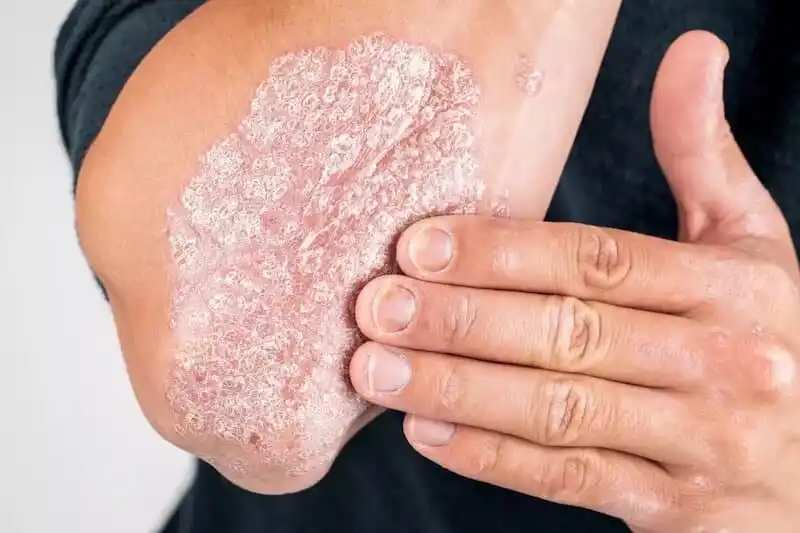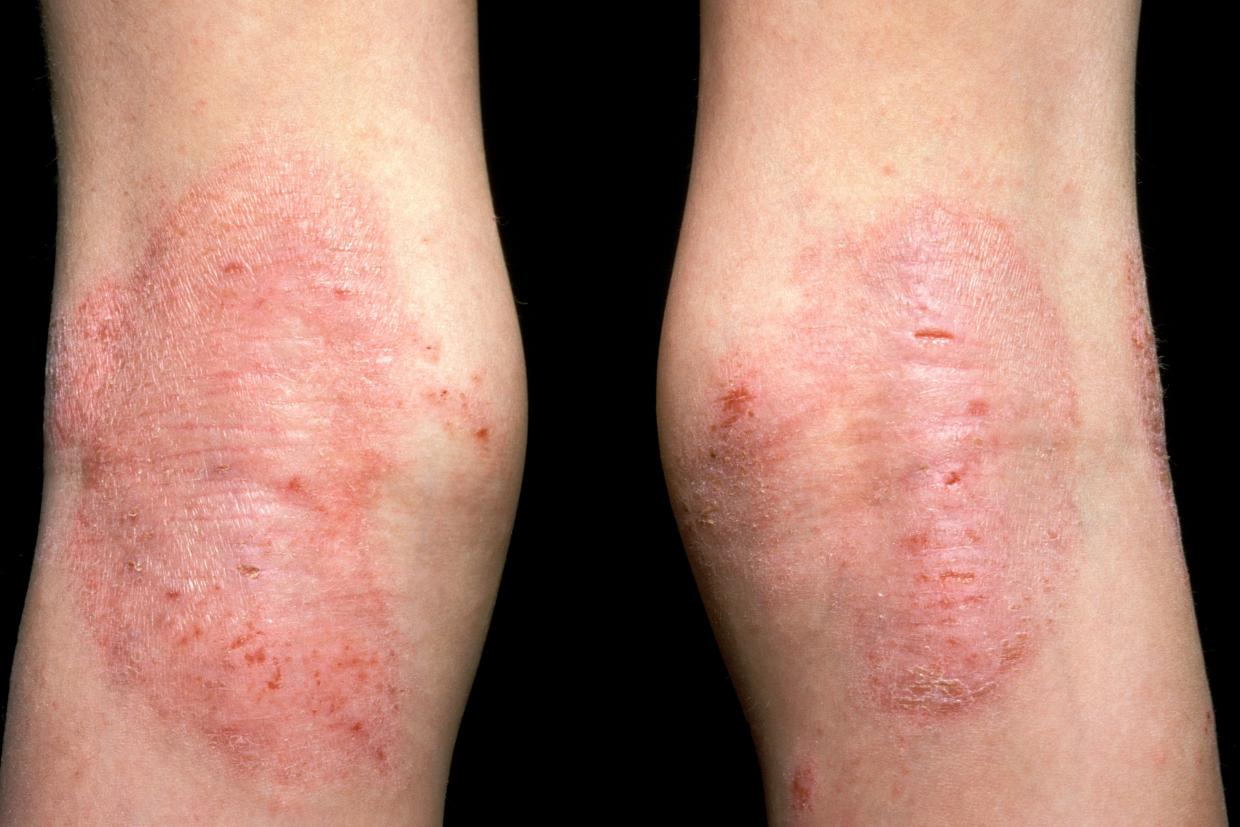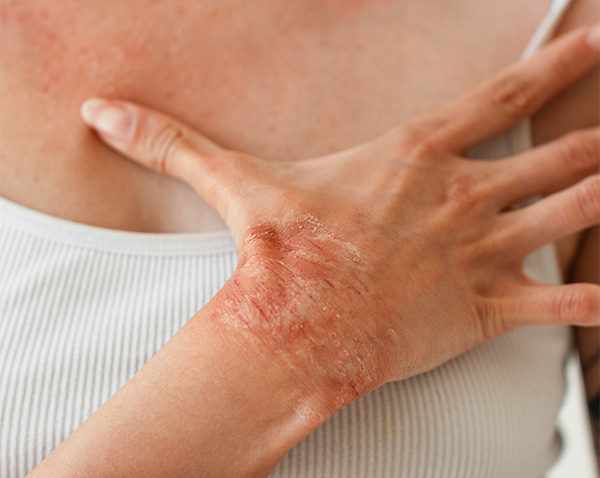Eczema vs. Psoriasis: How Do You Tell Them Apart?
09 August 2024
Eczema and psoriasis are two common skin conditions that are often easily confused for each other due to their similar symptoms.
Both present as dry, scaly and red patches. Both have flare ups that come and go but never fully go away. Ultimately, both cause quite a significant amount of discomfort and emotional distress.
So, how do you tell if it is eczema or psoriasis? We spoke with Consultant Dermatologist, Dr Sharifah Rosniza, who shared key insights on how to distinguish between these two chronic skin conditions.

Does It Itch? If Yes, How Much?
According to Dr Sharifah, the first telling symptom is how it feels. While both eczema and psoriasis may itch, itchiness is more common as an eczema symptom. Psoriasis, on the other hand, is less common..
“Eczema is usually itchy. Psoriasis can be itchy, but not always,” she explains.
Where Do You See It?
Another key difference, Dr Sharifah notes, is where the condition appears on the body.
Psoriasis often occurs on extensor surfaces, such as the outer edges of the elbows & knees. It can also affect the scalp and the lower back. On the other hand, eczema commonly occurs in areas like behind the knees, as well as the inside of the elbows.
However, she emphasises that this is only a general guide, as there are cases where psoriasis appears in areas typically affected by eczema and vice versa.
“But if that happens, doctors will know. But these are the common sites for each,” she adds.
What Does It Look Like?

Psoriasis

Eczema
Although both eczema and psoriasis can look quite similar, Dr. Sharifah points out that there are actually differences in terms of appearance that can be used to distinguish them.
For instance, psoriasis has thicker scales, and the borders around the psoriasis rash are usually more distinct. In contrast, patches from eczema have borders that are less distinct; they’re often poorly defined.
Also, with psoriasis, you are more likely to see nail changes – a key characteristic of psoriasis that eczema does not share. In psoriasis, nails may appear to be thickened, discoloured or crumbly. Nails can also seem lifted from the nail bed due to psoriasis lesion under the nail.

What Usually Triggers It?
It is important to understand that both skin conditions are immune-related. Both are caused by a combination of genetic as well as environmental factors.
While they share common triggers like stress and infections, each condition also has distinct triggers.
Common triggers for eczema include allergens from dust mites or food as well as irritants, Inappropriate skincare products and also rough-textured clothing like wool can also lead to a flare.
As for psoriasis, common triggers include skin injuries, excessive sun exposure, medications, smoking and alcohol.
Are Treatment for Both Skin Conditions the Same?
There is no cure for both psoriasis and eczema. However, with the right treatment and care by a dermatologist, it is possible to achieve remission - that is, periods where symptoms are absent.
Treatments will vary depending on the skin condition, so a proper diagnosis is crucial to ensure that you receive the most effective treatment for your condition.
Dr Sharifah explains that topicals are often the first line of treatment for both psoriasis and eczema. Moisturisers and topical steroids are commonly prescribed for both, but other psoriasis treatments may include:
- Salicylic acid topical treatments
- Coal tar
- Vitamin D creams
For eczema however, topical treatments may include topical calcineurin inhibitors
If symptoms for either skin condition remain uncontrolled, immunosuppressants and biologics injections may be prescribed.
Why Is It Important to Tell Them Apart?
Knowing how to distinguish between psoriasis or eczema is crucial not only to ensure that you get the right treatment.
Dr Sharifah reveals that psoriasis is not merely a skin-deep issue; it actually puts you at a much higher risk of developing cardiovascular disease like hypertension, diabetes mellitus, high cholesterol, heart disease and stroke. This, she explains, is due to a lot of ongoing inflammation in the skin, which also affects your blood vessels.
“Once you are diagnosed with psoriasis, you are at risk. So you have to check your cholesterol, your sugar level and blood pressure every three months.Those with psoriasis tend to get it (cardiovascular disease) early.”
She also adds that psoriasis sufferers are also more likely to become obese. Hence, an early diagnosis is vital to take necessary steps to prevent these health issues.
Ultimately, to the untrained eye, it can still be quite difficult to tell both psoriasis and eczema apart due to the similarities they share.
A professional consultation with a dermatologist can help provide an accurate diagnosis and subsequently the most effective treatment plan for your specific skin condition.
With the proper treatment, care and lifestyle adjustments, both eczema or psoriasis can be managed effectively. To schedule an appointment with any of our dermatologists for your eczema, psoriasis or persistent skin issue, click here






